Grammar Worksheets for Ages 3-6
95 filtered results
-
From - To
Welcome to our engaging collection of Grammar Worksheets designed for children aged 3-6! These interactive resources help young learners grasp essential grammatical concepts while having fun. Our worksheets cover a range of topics, including punctuation, sentence structure, and parts of speech, crafted specifically to suit early readers and writers. Each worksheet encourages creativity and critical thinking through playful activities that promote language development. Perfect for home or classroom use, our materials support foundational grammar skills that lay the groundwork for effective communication. Explore our delightful and educational worksheets to nurture your child's linguistic journey today!
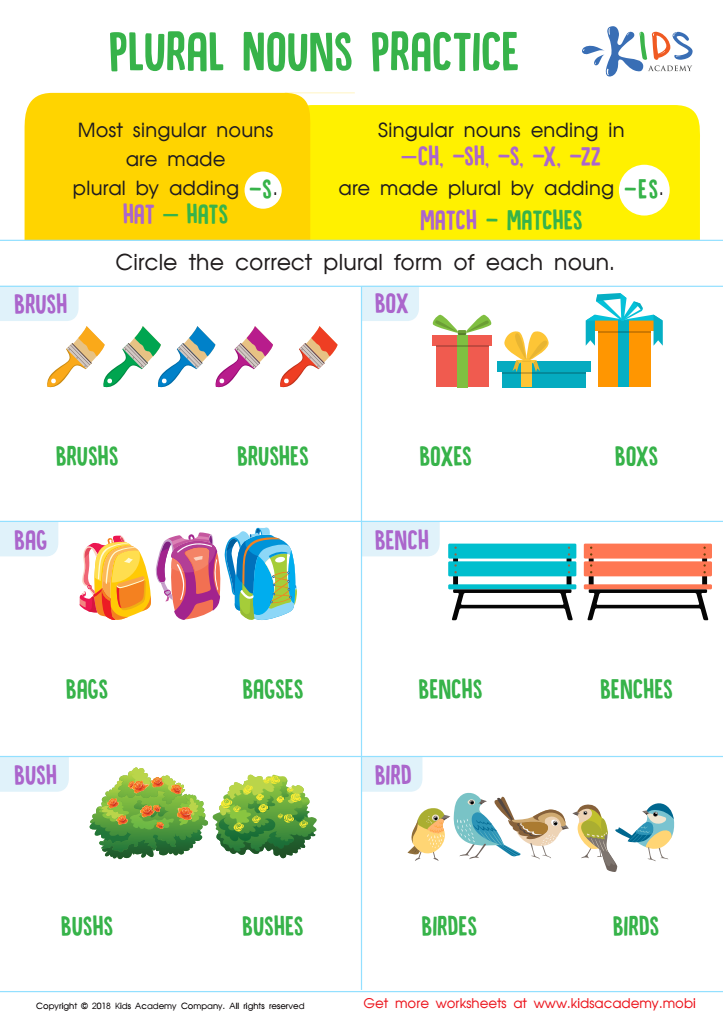

Plural Nouns Practice Worksheet
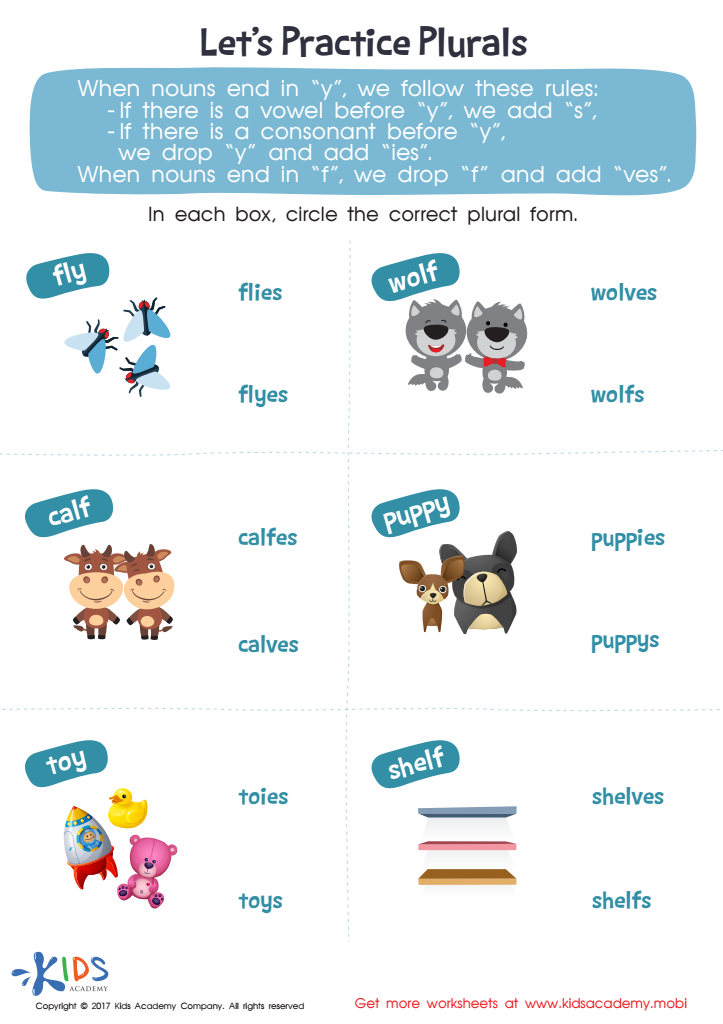

Let's Practice Plurals Word Structure Worksheet
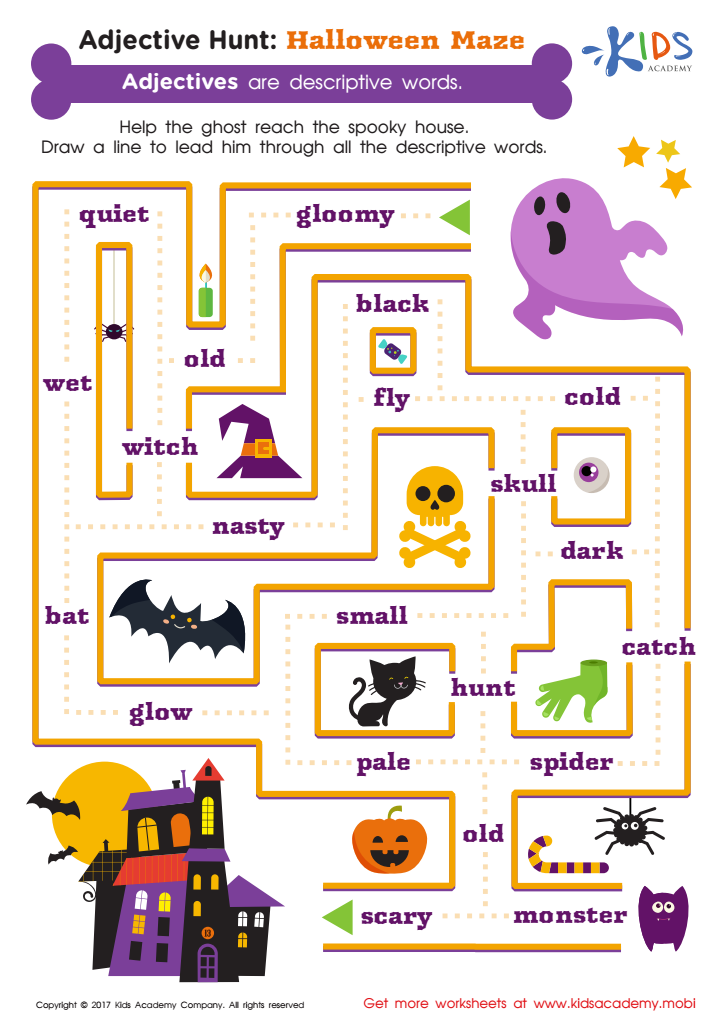

Adjective Hunt Printable
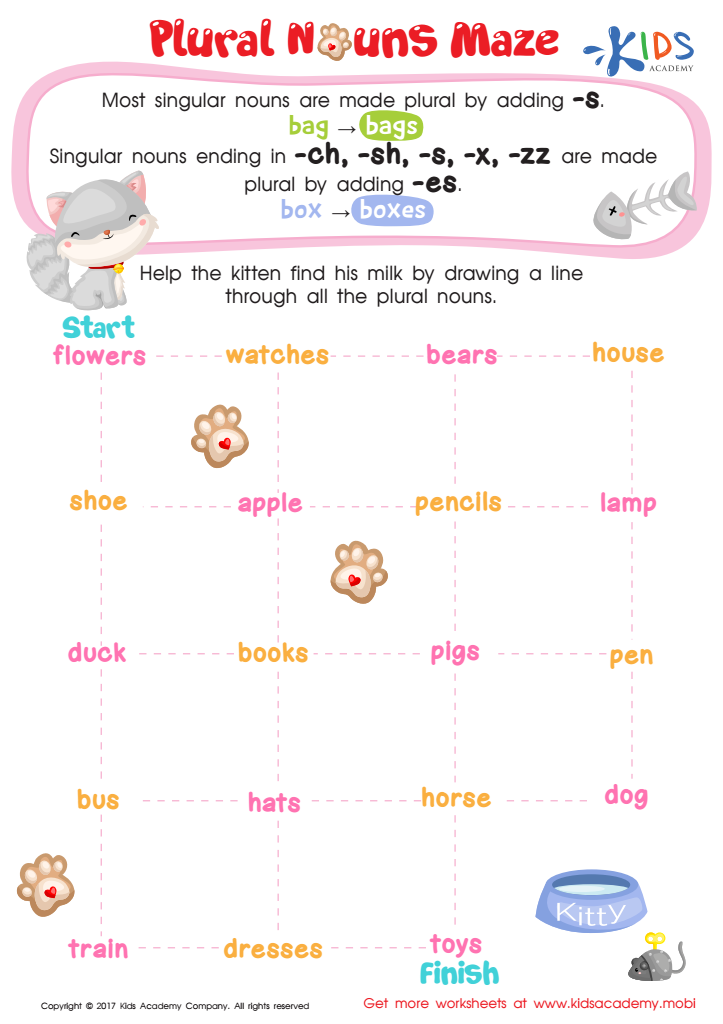

Plural Nouns Maze Worksheet
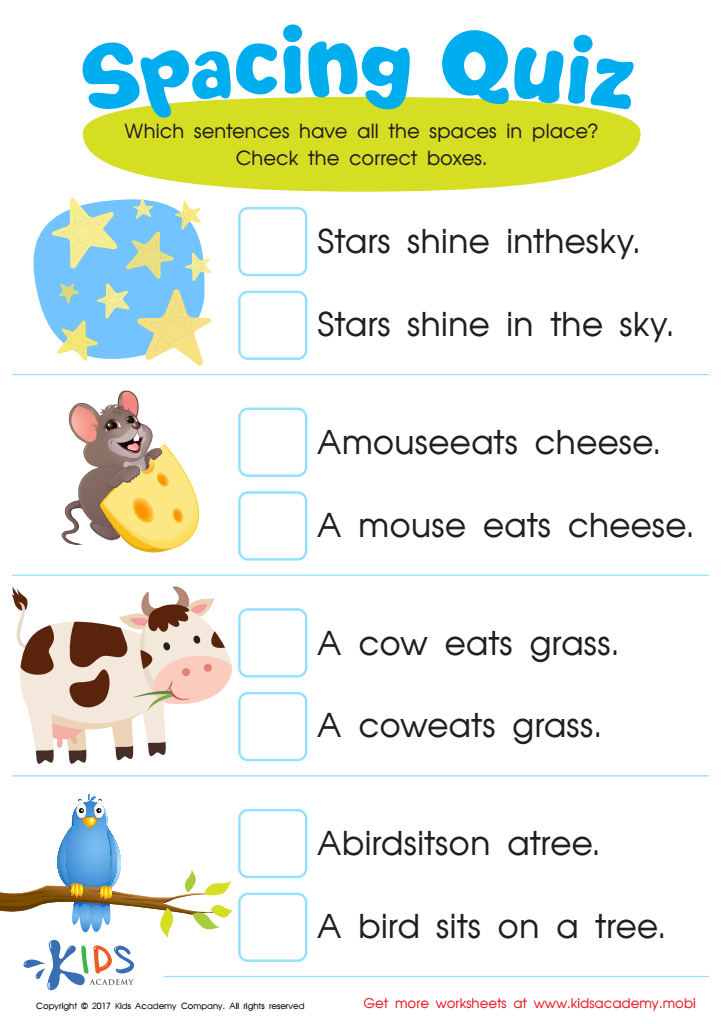

Spacing Quiz Worksheet
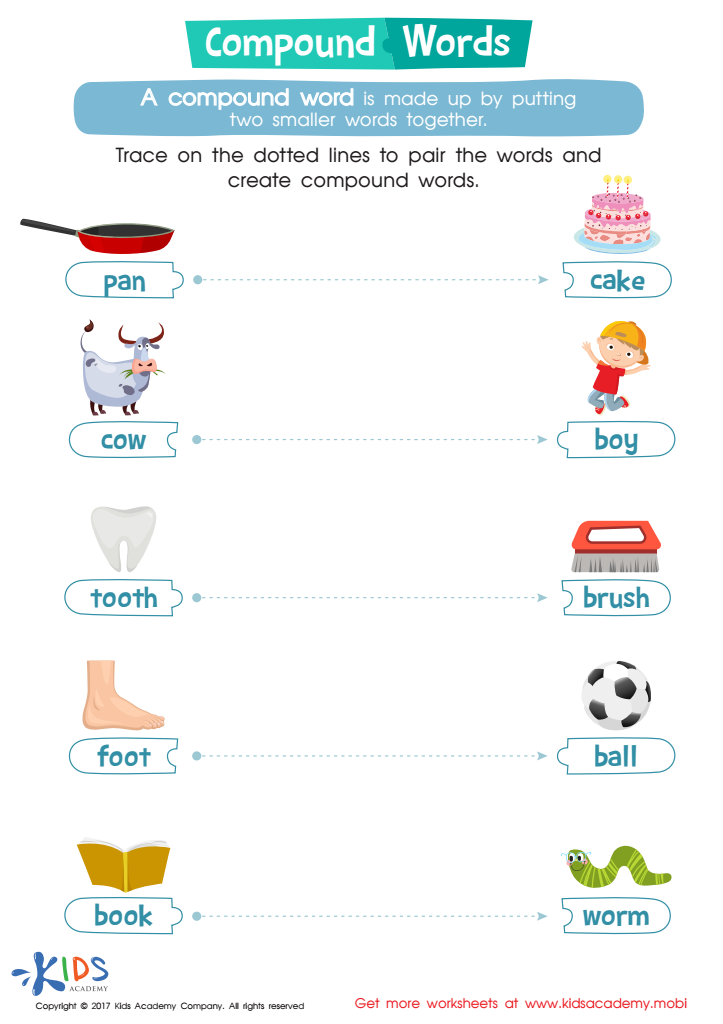

Compound Words Word Structure Worksheet
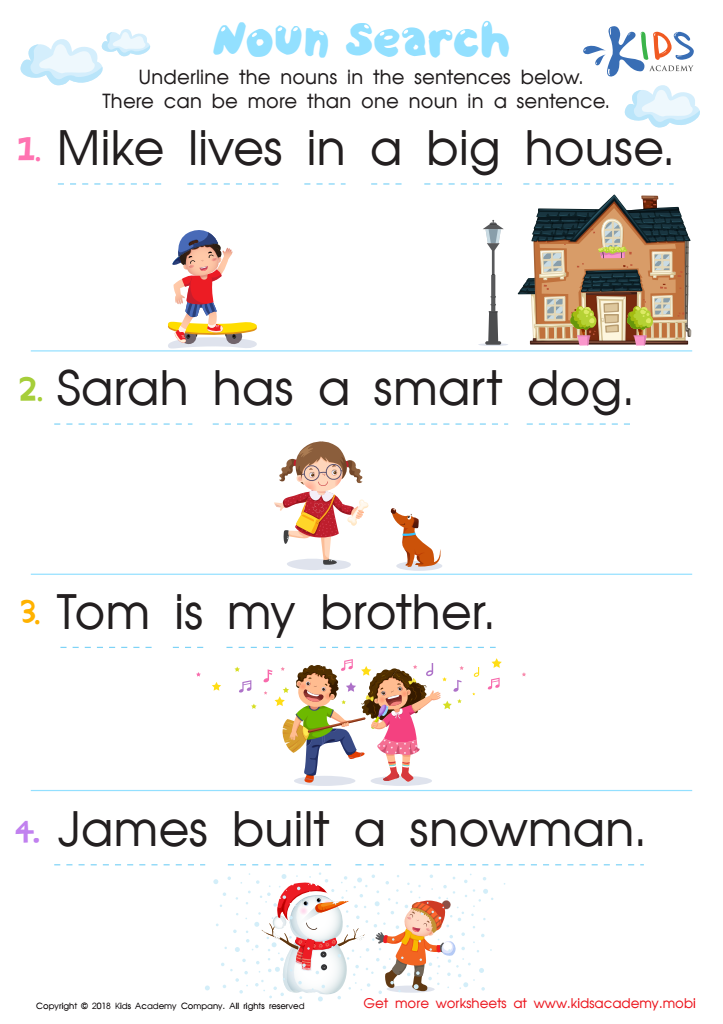

Noun Search Worksheet
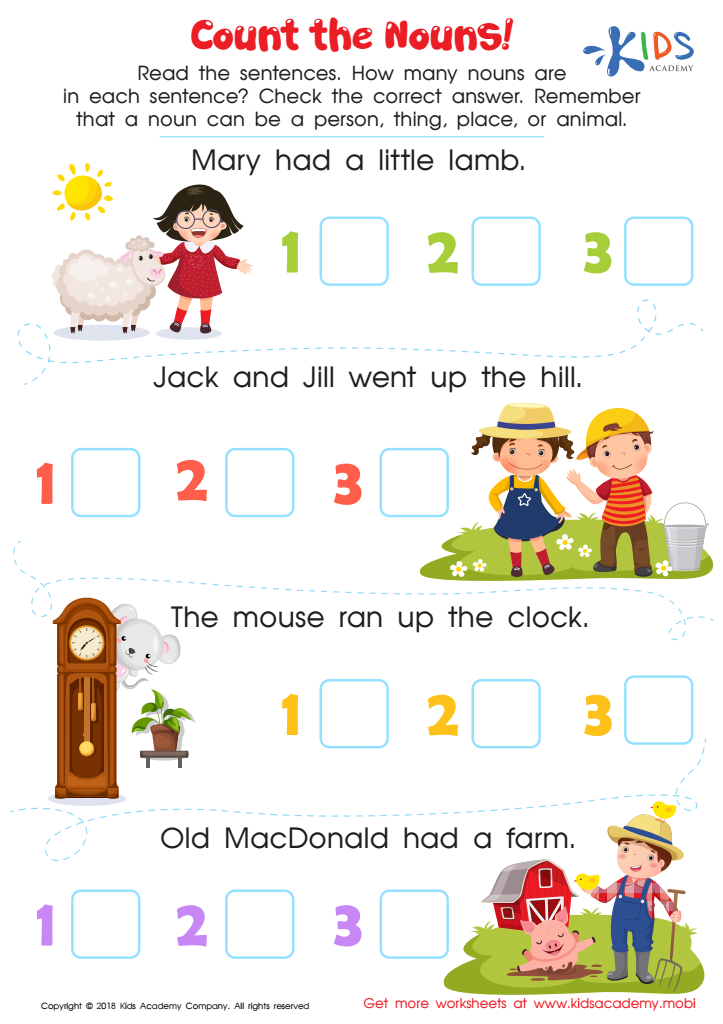

Count the Nouns Worksheet
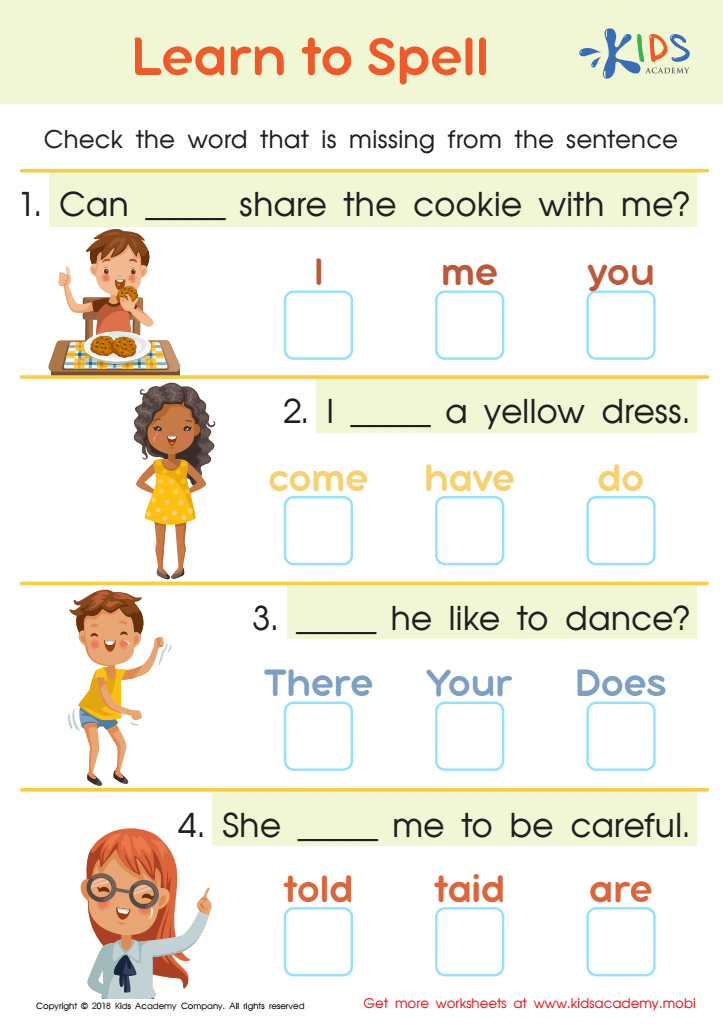

Learn to Spell Worksheet
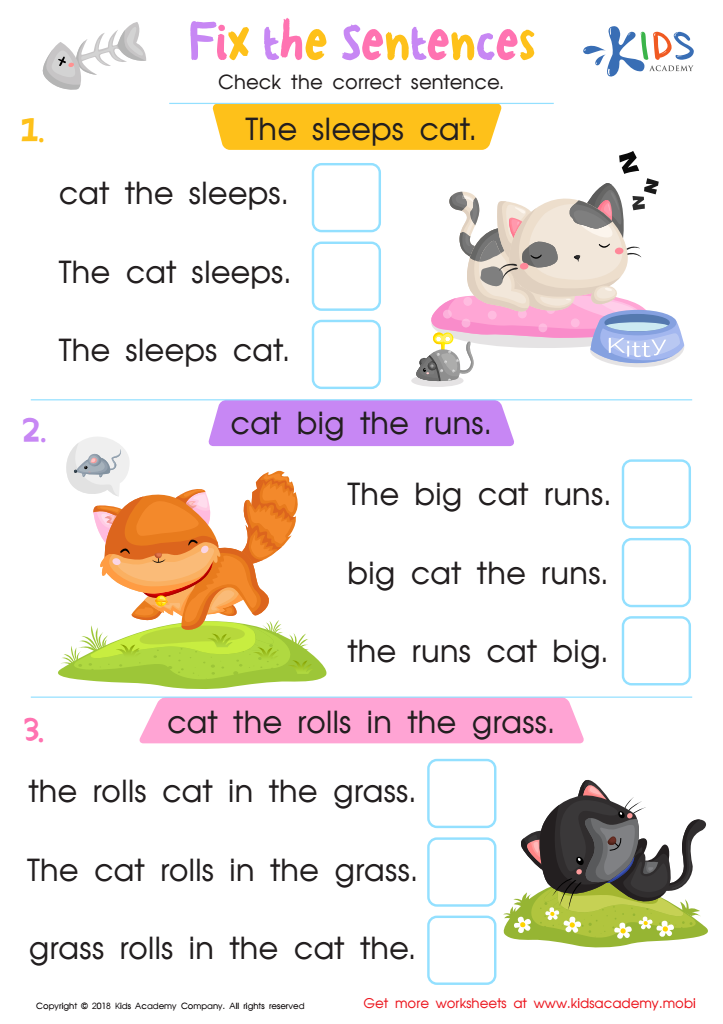

Fix the Sentences Worksheet
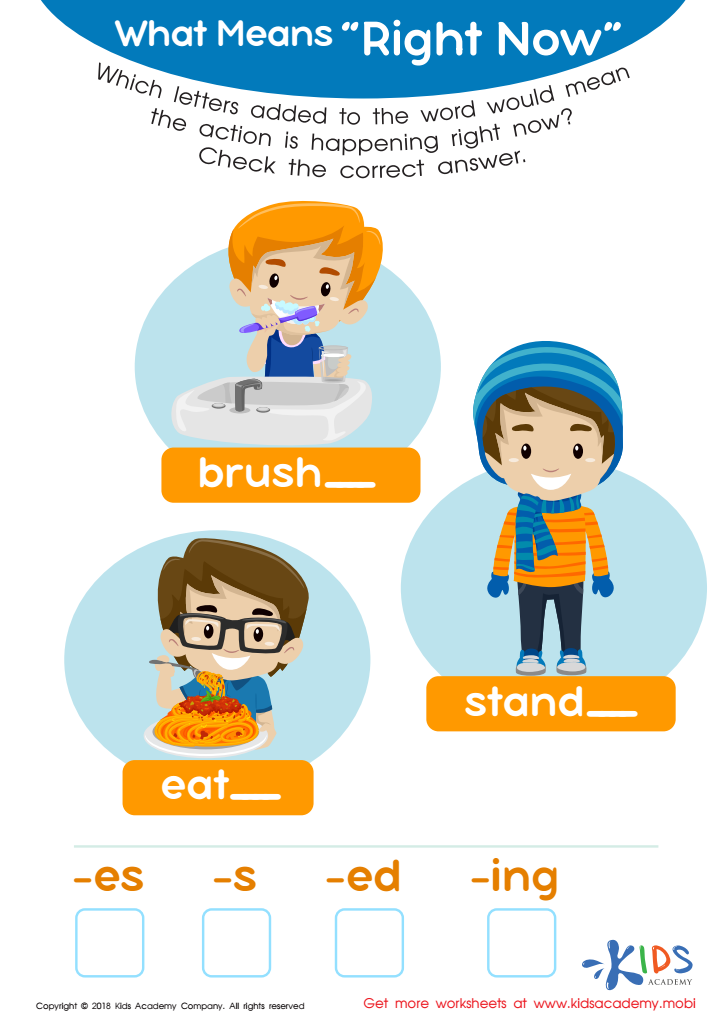

What Means "Right Now" Worksheet
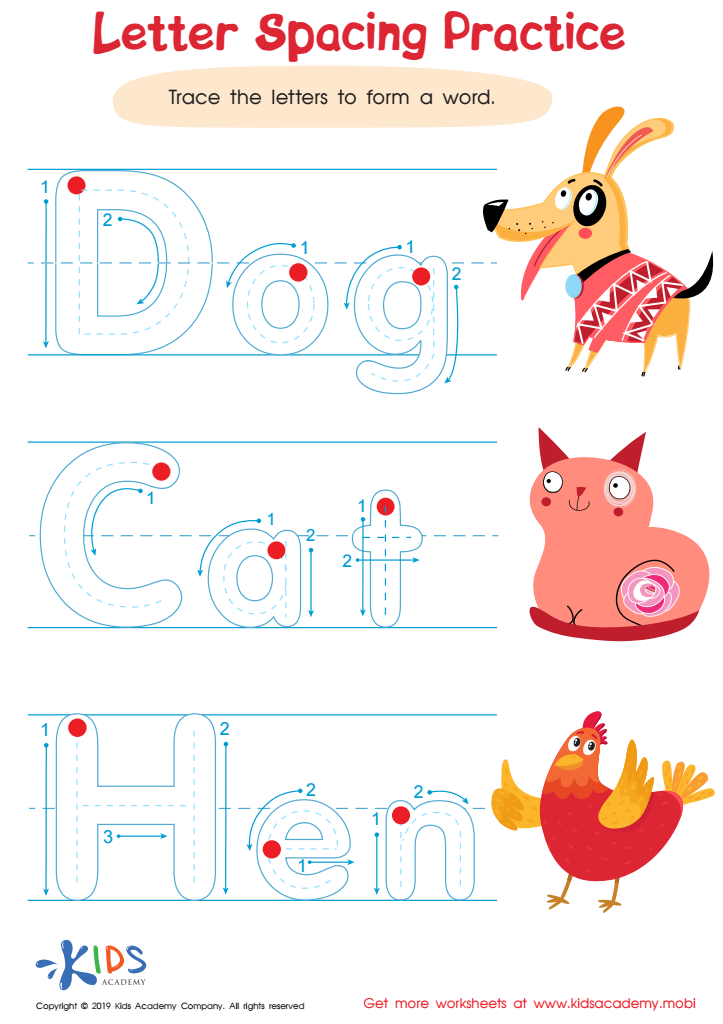

Letter Spacing Practice Worksheet
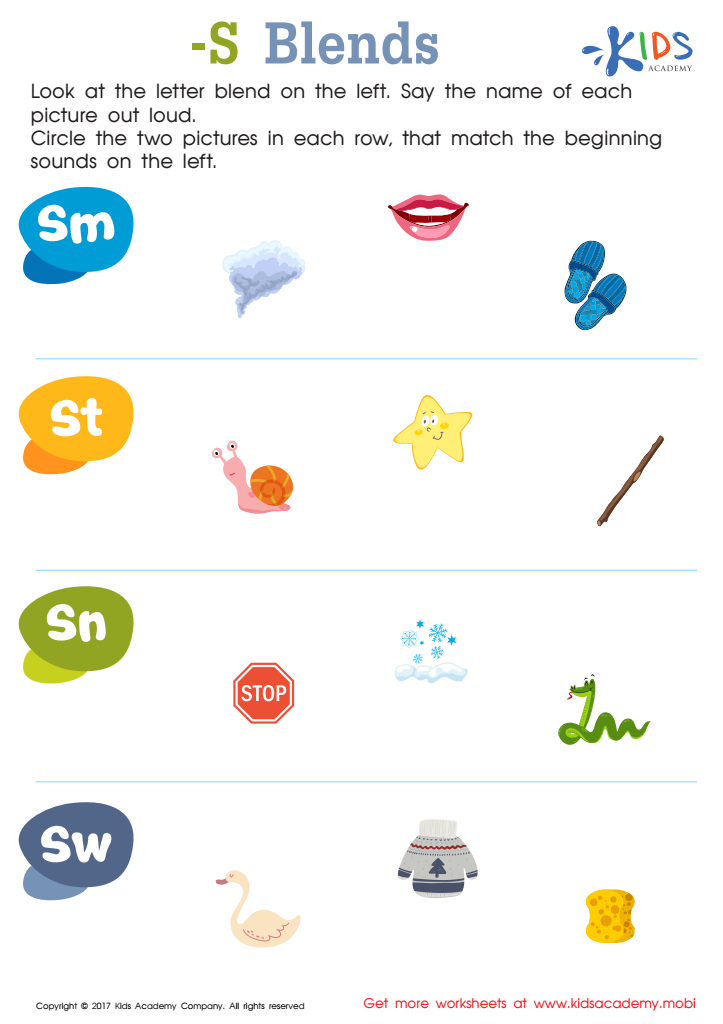

"s" Blends Spelling Printable
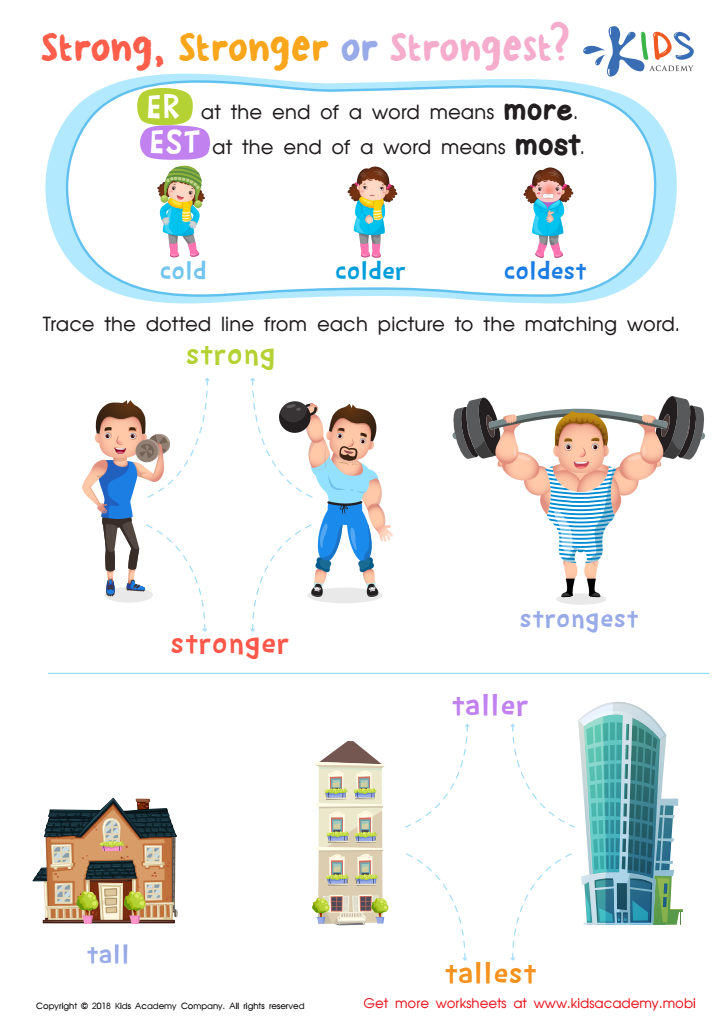

Strong or Stronger? Worksheet
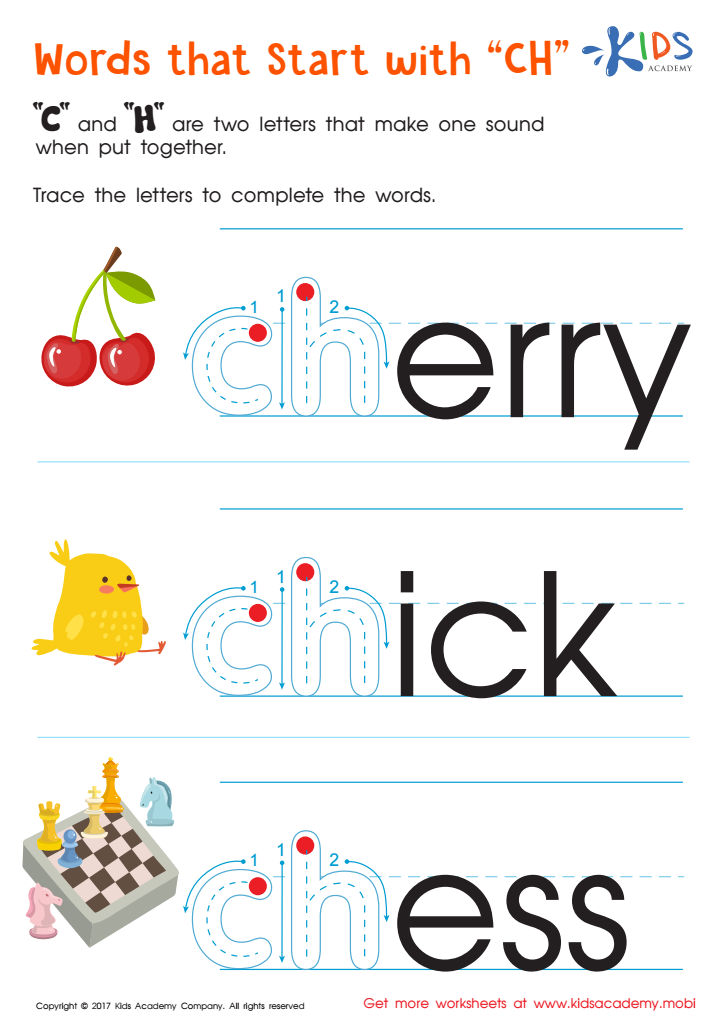

Words That Start with "ch" Spelling Worksheet
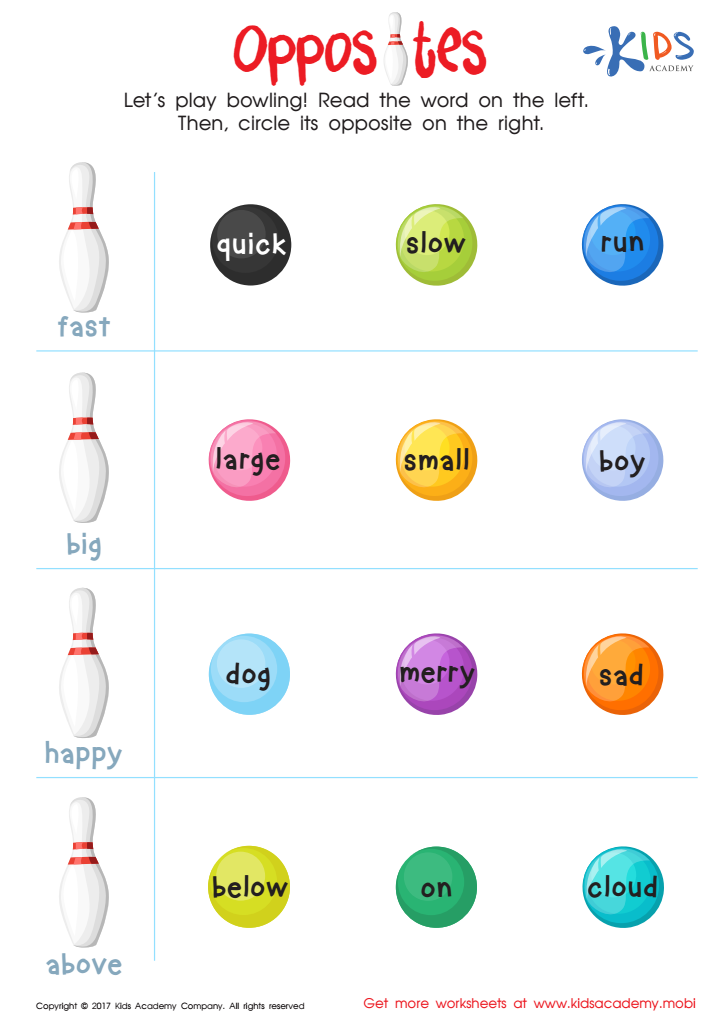

Opposites Worksheet
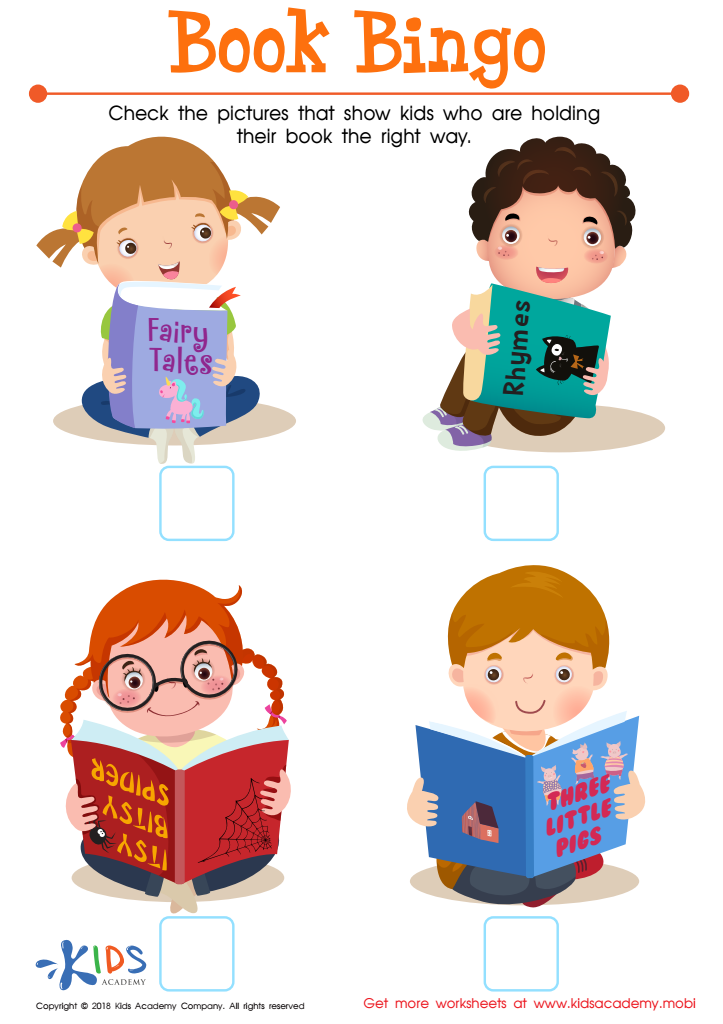

Book Bingo Worksheet
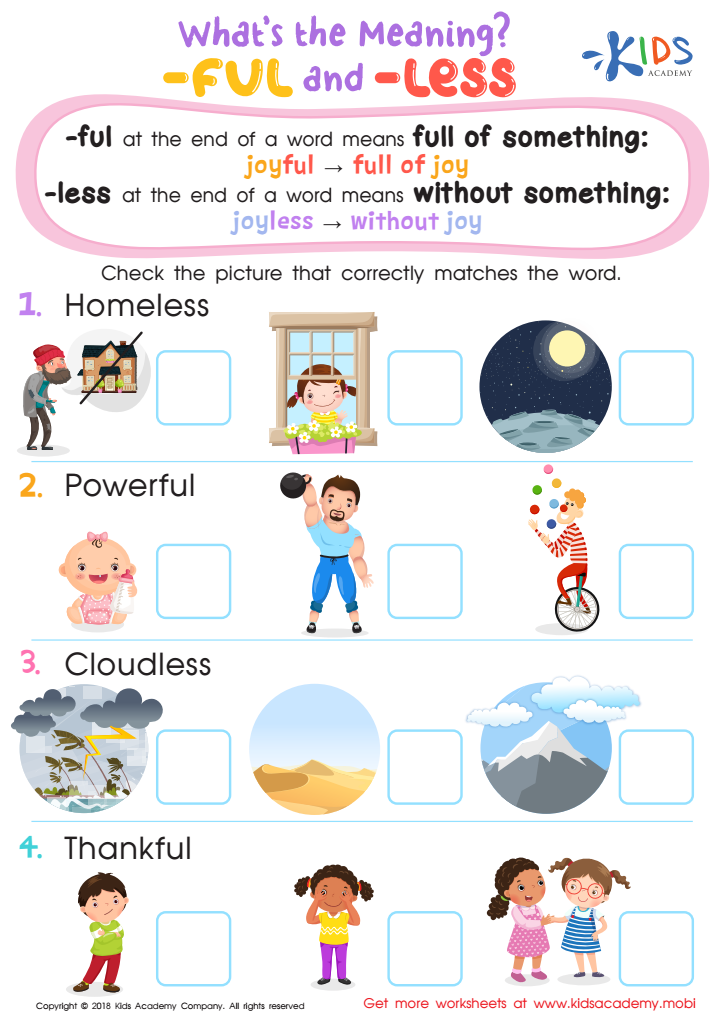

What's the Meaning? Worksheet
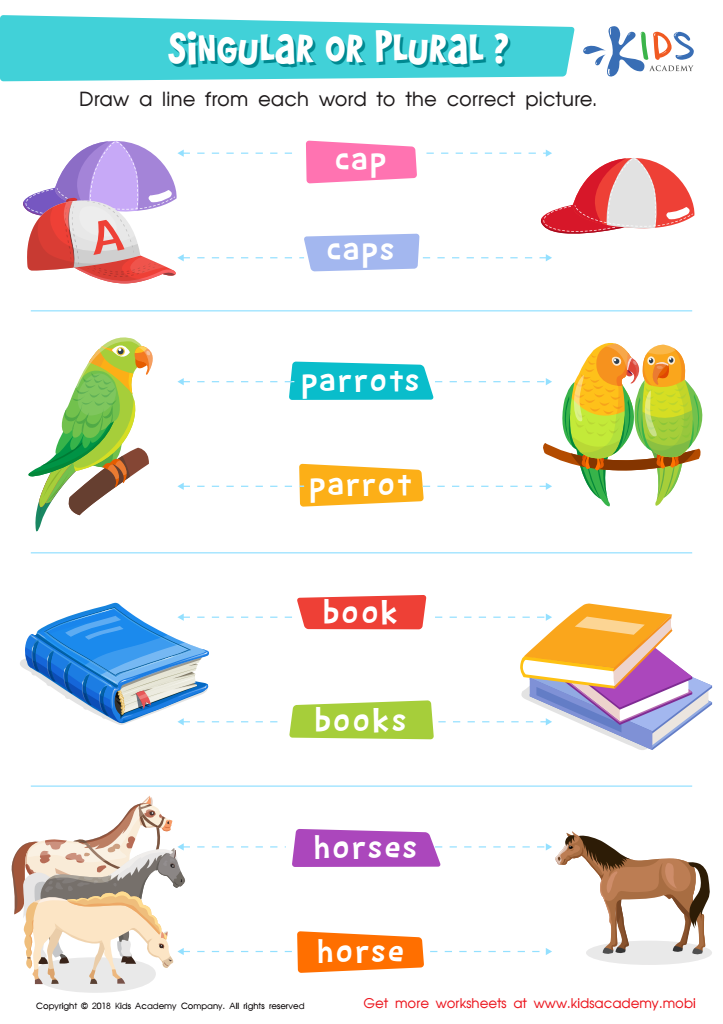

Singular or Plural? Worksheet
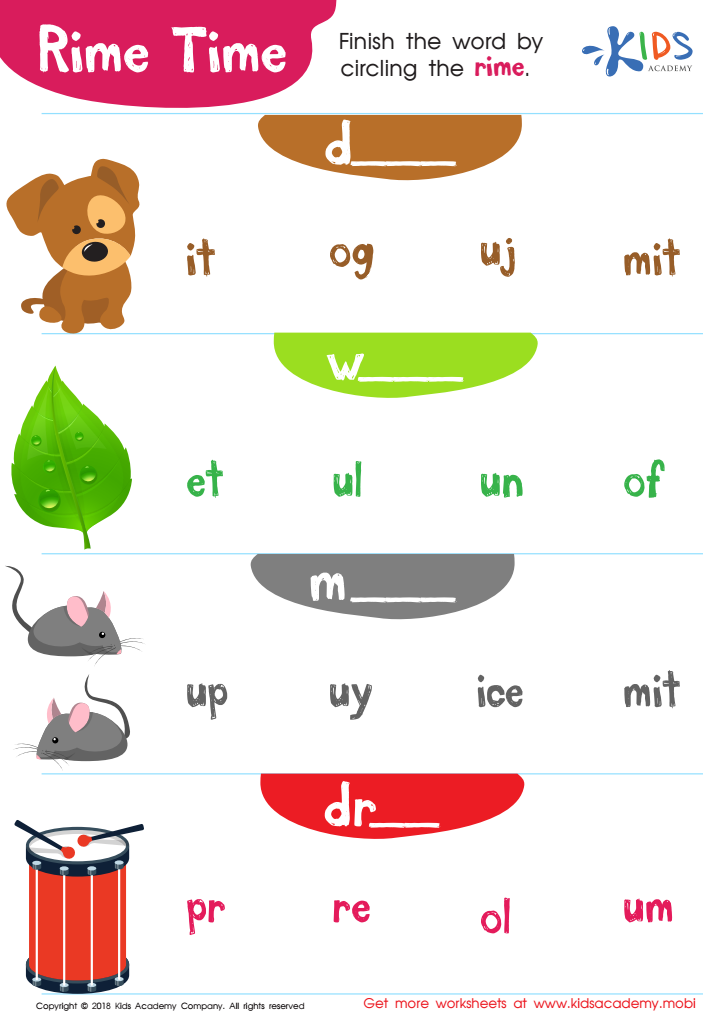

Rime Time Worksheet
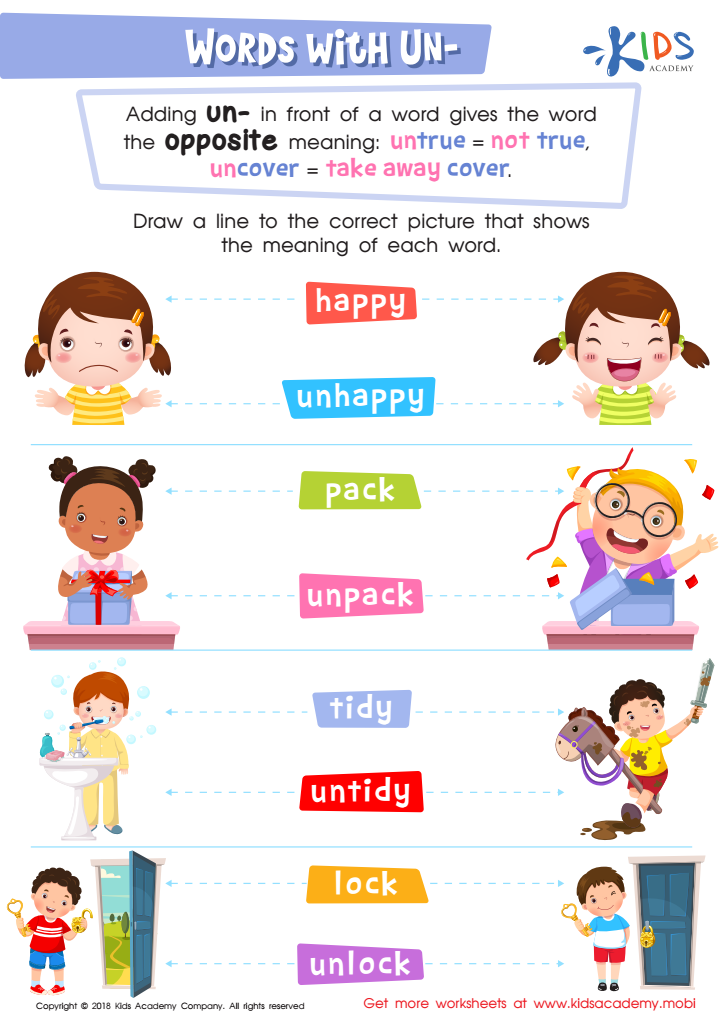

Words with Un– Worksheet
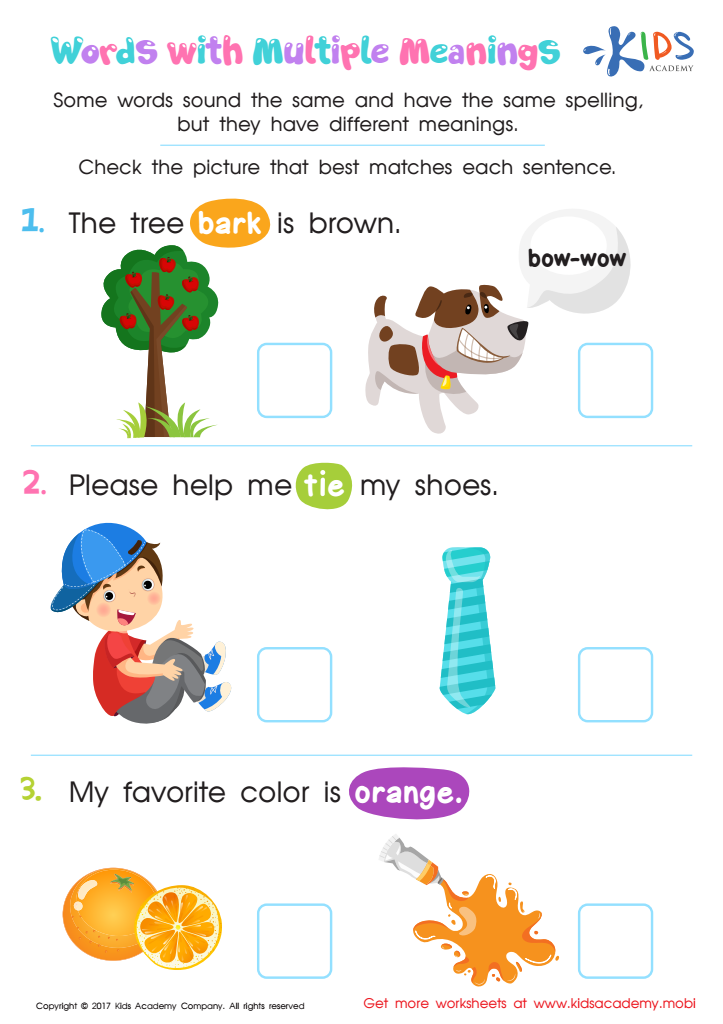

Words with Multiple Meanings Worksheet
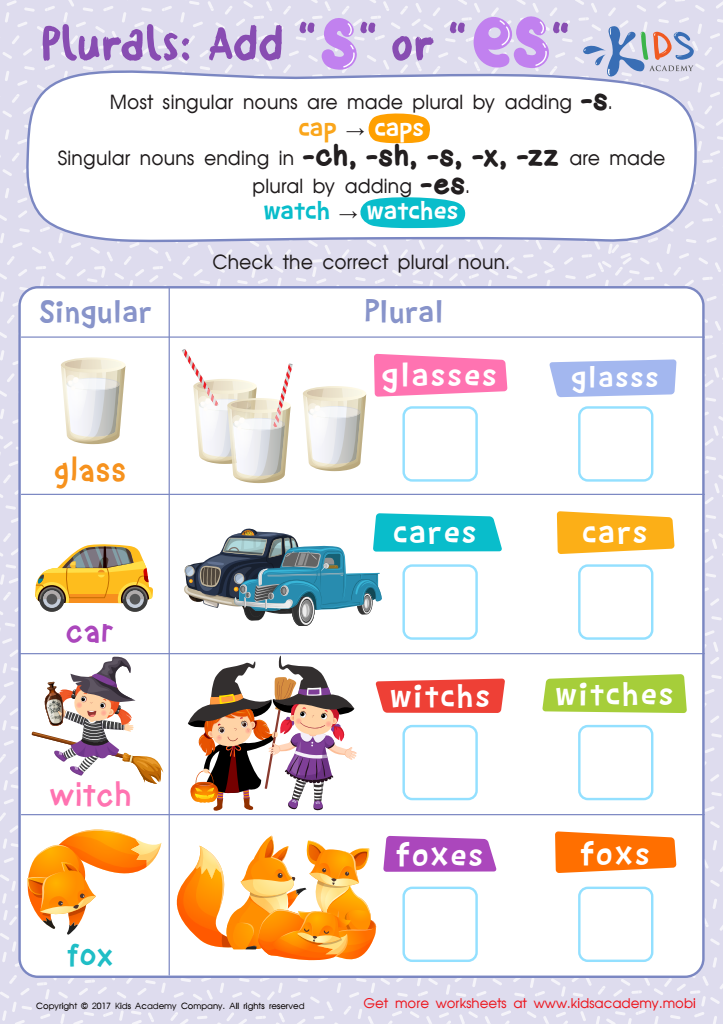

Plurals: "–es" or "–es"? Worksheet
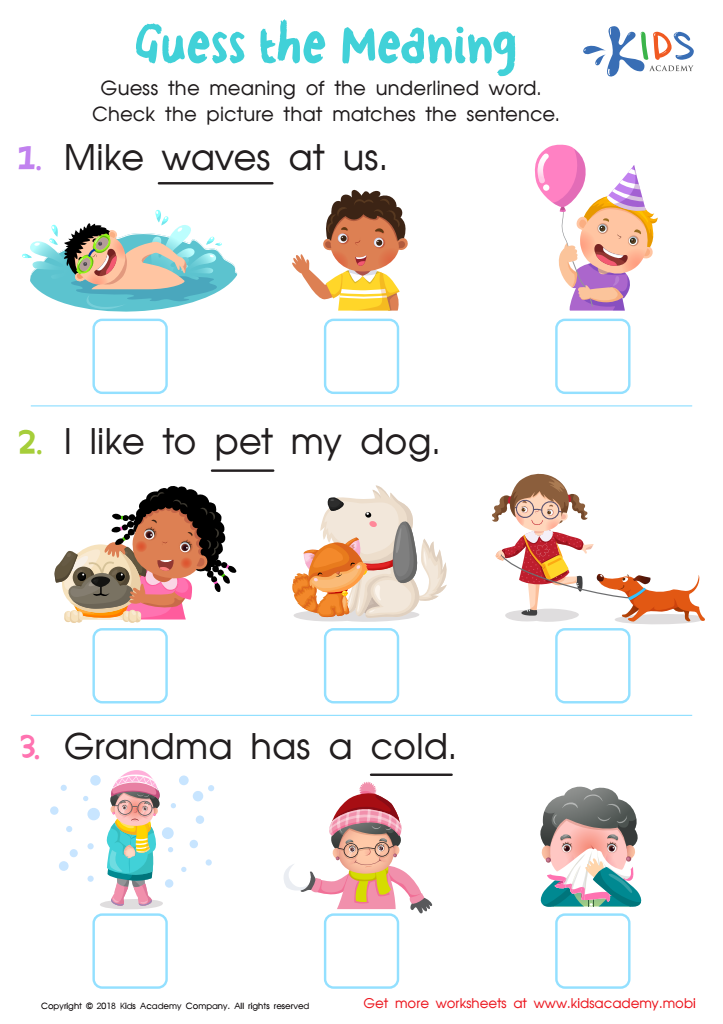

Guess the Meaning Worksheet
Understanding grammar is foundational for young children aged 3-6 as it lays the groundwork for effective communication and literacy skills. At this tender age, children are in their critical language development phase, where they begin to form sentences and express their thoughts. Introducing basic grammatical concepts, such as nouns, verbs, and simple sentence structures, helps them make sense of the language around them.
Parents and teachers play a pivotal role in this development by providing an environment rich in language experiences. When adults model correct grammar in everyday conversations, read aloud to children, and engage in activities such as storytelling, they reinforce proper grammatical structures while nurturing vocabulary growth.
Furthermore, mastering grammar enhances a child's ability to articulate their feelings, ask questions, and engage in conversations, fostering social skills and boosting confidence in communication.
As children progress through their education, a solid grasp of grammar becomes essential for reading comprehension and written expression. The earlier these skills are nurtured, the more proficient children will become as communicators and learners, setting them on a path for academic success and lifelong learning. Ultimately, attention to grammar at this age supports not only literacy development but also critical thinking and creative expression.
 Assign to My Students
Assign to My Students


.jpg)












